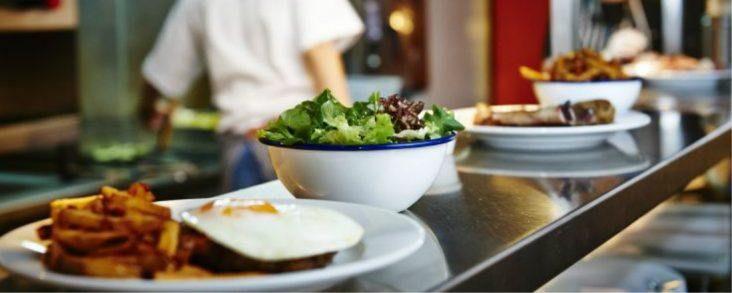Economist: Tourism industry needs a bailout to maintain jobs, quality of life
by September 7, 2020 1:29 pm 1,499 views

University of Arkansas Walton College of Business economist Mervin Jebaraj contends the tourism and hospitality industry needs a greater and more targeted stimulus in order to survive, especially if Arkansas wants to maintain the quality of life amenities successful in attracting jobs prior to COVID-19.
Jebaraj, who heads the Center for Business and Economic Research, said the tourism and travel industry is facing strong headwinds likely to last well into 2021. For example, the recent Arkansas Tourism Ticker shows that the state’s 2% tourism tax is down 30.4% between January and June, and job numbers are down almost 14%.
“A lot of the PPP [Paycheck Protection Program] loans were meant to help people in the leisure and hospitality industry. There were a lot of questions about why large hotel chains were allowed to participate in the PPP loan program. It’s in large part because that sector includes hotels, restaurants, and those types of businesses that have been hardest hit by this pandemic,” Jebaraj said.
“The long-term prospects for recovery here are very slim, too. People are not returning to restaurants in large numbers. Business travel, which as you know, is the largest portion of the leisure industry or the hospitality industry, in terms of airline sales and hotel stays, that is not going to return to normal anytime within a year or even longer than a year,” he said.
Jebaraj noted that many cities and regions of the state have made huge investments in amenities to attract workers to their areas. Quality of life venues such as craft breweries, outdoor music venues, bed and breakfasts, and museums – things to do, in a nutshell – are important to growing the state’s workforce.
“Live events, music venues, performance art centers – these are all amenities that we have invested in greatly in our state, here in Arkansas, here in Northwest Arkansas. Every city has invested in these types of leisure amenities,” Jebaraj said. ”
He said the main reason for those investments is to provide amenities for the current residents and to attract people to come to live in those regions.
“[Those amenities] have been a huge driver of employment between 2010 and 2019. That’s the sector that’s really hard hit, you still have 17,000 or so people unemployed in that particular sector. In addition to that, the people that did get their jobs back are making less money, they’re working fewer hours. So all in all, Congress needs to act to protect the leisure and hospitality industry, and that is everybody,” he said.
Jebaraj added that many of these businesses will not recover until a “sufficiently large portion of the population is vaccinated for the coronavirus.”
The UA economist said he’s not as worried about the exploding deficit due to the pandemic because interest rates for borrowing are lower than during the Great Recession over a decade ago. That said, there will be an eventual reckoning and the levels of debt the U.S. is taking on are greater than the recession from a decade ago.
Jebaraj also warned that the President’s executive order deferring payroll taxes could have a negative effect for some workers and businesses. The tax is simply being deferred not forgiven, meaning workers or businesses will eventually have to pay the money back.
Watch his full interview in the video below.
